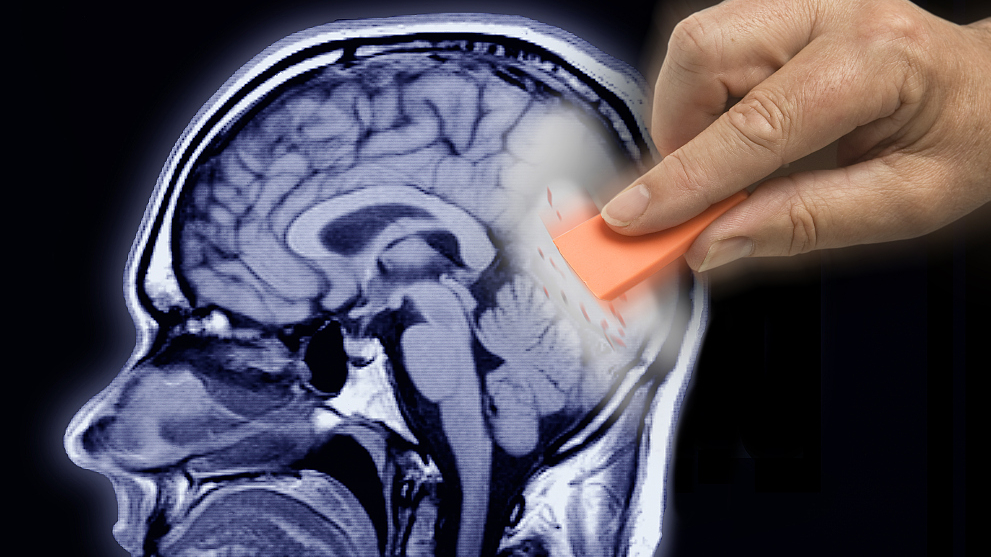
(Photo: CGTN)
The country's first self-developed drug for Alzheimer's disease – priced at 127.93 U.S. dollars (150mg*14 capsules*3 tablets) – is available at China's direct-to-patient pharmacies, and people can buy it with doctor's prescription, the manufacturer announced at its drug's global launch ceremony on Sunday.
The capsule, known as Oligomannate or GV-971, is expected to improve cognitive function in mild-to-moderate Alzheimer's patients, according to Shanghai Green Valley Pharmaceutical Company, which jointly developed the drug with scientists from Shanghai Institute of Materia Medica and physicians from China's top hospitals.
Clinical data shows 78% treatment efficiency
A total of 1,199 subjects participated in clinical drug testing before the drug was launched. In the Phase III trial, scientists and experts observed cases of 818 subjects from 34 of China's best hospitals.
Two lead professors revealed the details and clinical data to the media for the first time at the drug launch, saying GV-971's treatment efficiency reached 78 percent and the cognitive function of Alzheimer's patients has been largely improved. It effectively inhibited the brain inflammation that leads to the disease, they said.
Placebo-controlled studies are a common method to test the efficiency of a medical therapy. It usually involves two groups of subjects. One is to receive normal treatment, while the separate group will get a sham "placebo" treatment which is specifically designed to have no real effect.
According to Xiao Shifu, one of the lead professors of the drug, GV-971 is the world's first Alzheimer's drug with a nine-month long placebo-controlled study. "The incidence of side effect is similar to that of the placebo group," he added.
Another 3 billion U.S. dollars for follow-up researches
The Shanghai-based company announced to invest another 3 billion U.S. dollars for future researches, which include the Multi-Regional Clinical Trials (MRCT). The MRCT center is a research and policy center associated with two of the world's most respected names in healthcare and academia: Brigham and Women's Hospital and Harvard University.
More than 2,000 mild and moderate Alzheimer's patients will be selected as subjects, and a 12-month double-blind trial and a six-month open trial will be conducted in 200 clinical centers in North America, the European Union, Eastern Europe and the Asia-pacific regions to further verify its efficiency, according to the company. They are planning to get global approval by 2025.
Sue Peschin, president of the U.S. Accelerate Cure/Treatments for Alzheimer's Disease and chief operating officer of Alliance for Aging Research, said there was an urgent need for a life-changing treatment for the Alzheimer's disease and that the global plan for GV-971 would create hope for tens of millions of people.


